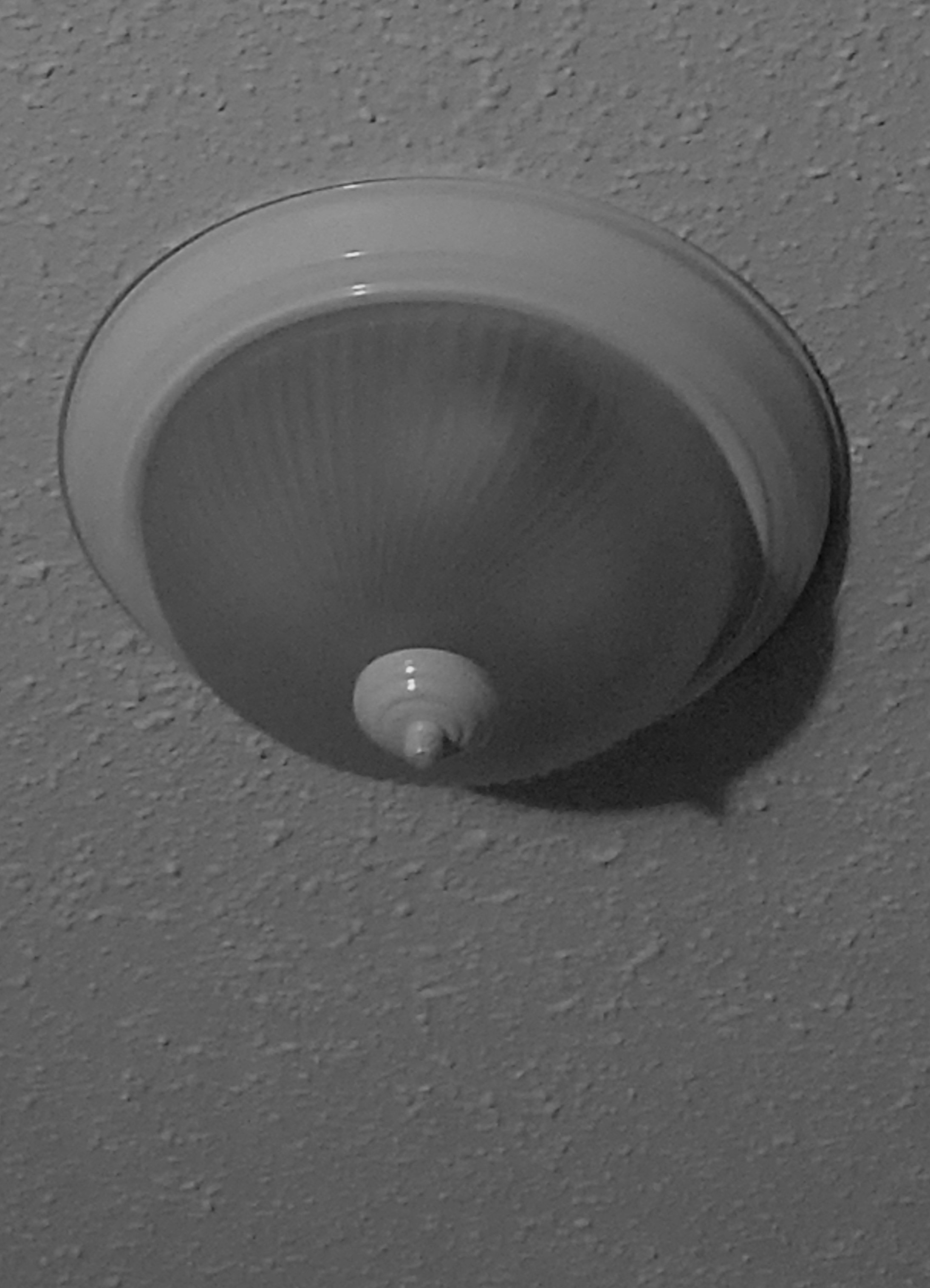this post was submitted on 03 Aug 2023
1185 points (98.7% liked)
Technology
59284 readers
4937 users here now
This is a most excellent place for technology news and articles.
Our Rules
- Follow the lemmy.world rules.
- Only tech related content.
- Be excellent to each another!
- Mod approved content bots can post up to 10 articles per day.
- Threads asking for personal tech support may be deleted.
- Politics threads may be removed.
- No memes allowed as posts, OK to post as comments.
- Only approved bots from the list below, to ask if your bot can be added please contact us.
- Check for duplicates before posting, duplicates may be removed
Approved Bots
founded 1 year ago
MODERATORS
you are viewing a single comment's thread
view the rest of the comments
view the rest of the comments
I'm curious about what fixtures your led light bulbs were in.
Old incandescent lights worked great at high heat levels, so a typical boob light fixture that kept the heat in would be fine for an incandescent. Put an LED light in there, and it can still heat up beyond design capacity and might not get enough ventilation and age prematurely.
The only leds that failed for me were inside a fixture meant for incandescent lights. All our open bulbs or specially designed for led fixtures have been going strong for half a decade or more.
Planned obsolescence is a thing here. The LEDs don't fail, it's the power circuitry. Unfortunately the fixture theory doesn't pan out, as fixtures meant for incandescent bulbs need to be able to dissipate much more heat (about 6 times as much). I've been using LED bulbs for 7 years in all sorts of different fixtures and have never had even one burn out on me. Why? I don't really know. Maybe I turn the lights on less often than other people?
It's more likely that the cheap ones are just using a driver board so cheap that it cannot tolerate the heat at all to cut costs, and the bulb dying sooner is just a nice side effect of that.
It's best to just not buy the cheapest bulbs. I've had good luck with Philips.
I have a 10+ year old LED bulb of corn type, made by a local manufacturer. Works great to this day. It outlived a few generations of store-bought crap like Philips and Emos in the rest of the house.
Stoned me read boob light and was like, 'oh ya'. But I gotta make sure, we mean like
(image of a dome light cover with a protruding "nipple" at it's highest point-- making it breast-like in appearance.)
Exactly 😆
I can't think of another term for them.
Getting rid of them made our place look a lot less like 1997
can confirm, these are boob lights. even my wife uses the term. ripped every one out shortly after we moved in.
My apartment has one of those light fixtures in the living room and it uses a dimmer dial. I once tried to replace the incandescent bulbs with what seemed to be the LED equivalent that could be used with a dimmer, but it just didn't work right. Lots of flickering. I hope this will convince my landlord to replace the fixture so I can finish changing everything to LED.
For dimmers, you either need smart bulbs that do it themselves or a dimmer switch that you know is guaranteed to work with that bulb, it's tricky. Also, LED lights that get warmer (change colour tone to a more orange colour) as they dim are far more pleasing than just dimming since they emulate what incandescent bulbs do. Sometimes if the power supply to your unit or building is choppy leds are the first to show it, so hope it's not that.
Good luck with your landlord, let's hope they're a good one.
Thanks for the advice!
There are different types of dimmers to work with different types of bulbs. You may get better results with a summer rated for LEDs